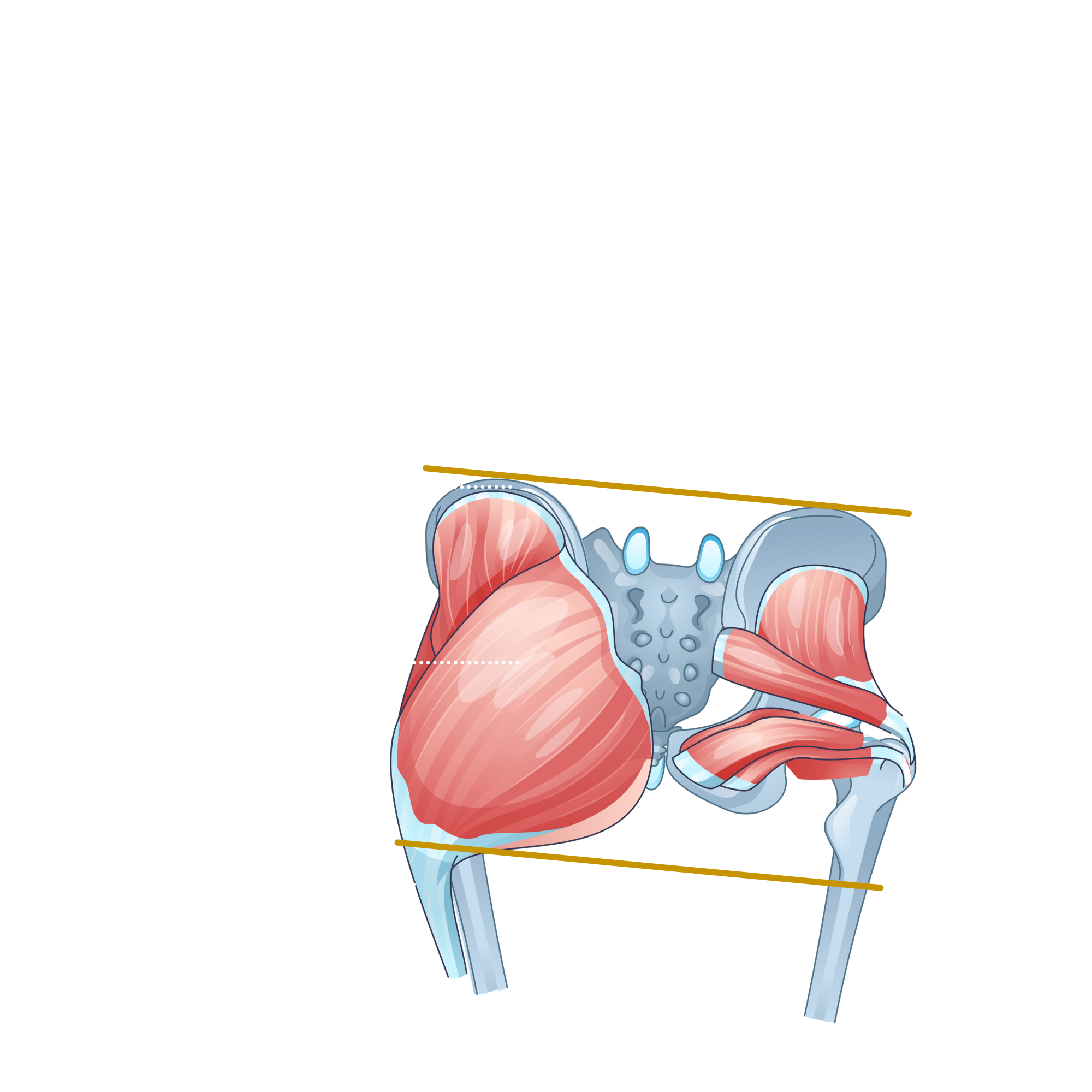The Effects Of A Hip Misalignment
Your pelvis is the foundation of your spine that helps to stabilize your back and surrounding structures. If your pelvis is out of alignment, or if you have bad posture, this could cause many issues for the spine’s alignment and long-term health. Many times, patients that see a chiropractor here at WYLD for lower back pain are usually experiencing symptoms of a pelvic tilt or misalignment of the pelvis. Once the “foundation” is tilted or rotated, it will cause an unstable balance in the spine, causing discs to shift and compress usually causing back pain.
What causes a balanced hip?
Better habits
Chiropractic care
Muscle training
Good sleeping positions
Orthotic support
Proper ergonomics
What causes an imbalanced hip?
In biomechanical terms, when your hips are in alignment, they are not rotated forward or back or favouring one side. When your hips fall out of alignment, they move out of a centred position, and force the spine and lower limb to compensate.
Sleeping habits
Daily habits
Posutural stress
Chemical stress
Emotional stress
Physical stress
What are the possible effects of an imbalanced hip?
Not treating these issues can lead to overuse and injury, disc, facet and joint complications. They can also lead to serious long term which may impact your quality of life. These may include:
Hip Replacement
Disc injuries
Surgery
Osteoarthritis
Due to stress being placed within your body this can contribute to possible pressure on your nerves which may cause the following dysfunctions:
Diarrhea
Asthma
Knee pains
Impotency pains
Gas pains
Leg pains
Sciatica
Hip pains
What To Expect
Our Approach For Chiropractic Care
Gentle and effective treatment
Comfort with state of the art Chiropractic equipment
Safe for people of all ages
References:
https://idealspine.com/shifted-hips-require-conservative-realignment-from-a-chiropractor/
https://vc.bridgew.edu/cgi/viewcontent.cgi?article=1023&context=theses
https://chiro.org/Subluxation/The_Basis_for_Spinal_Manipulation.shtml
https://www.spineuniverse.com/treatments/chiropractic/chiropractic-subluxations-adjustments
https://nzchiropractors.org/about-chiropractic/vertebral-subluxation/




